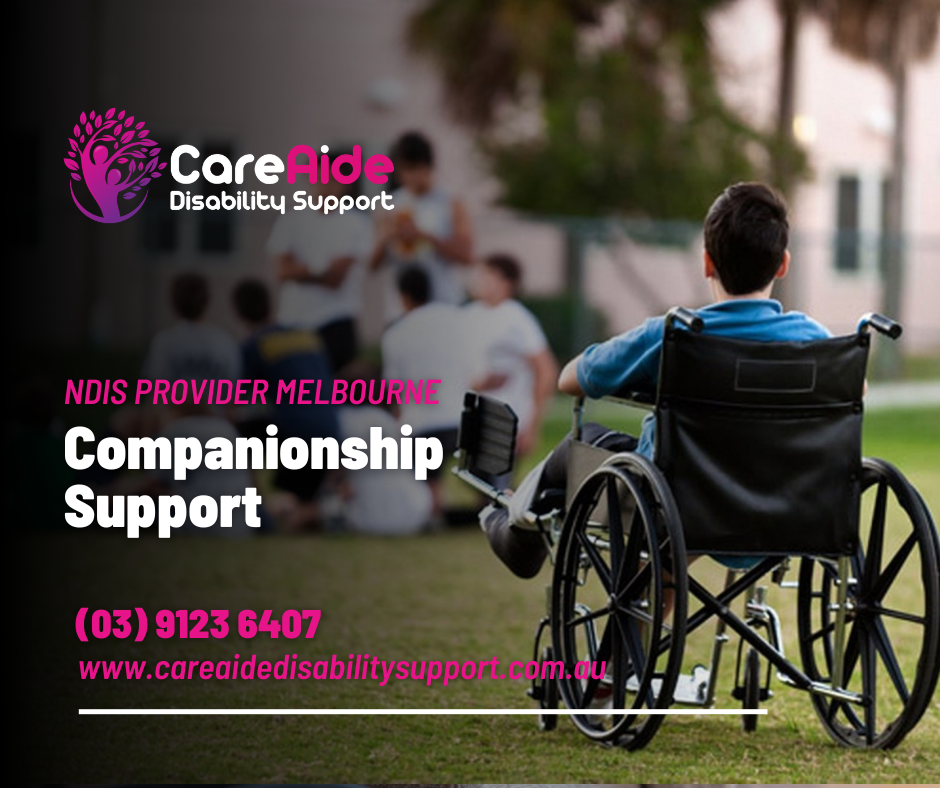
Quality care is the cornerstone of the National Disability Insurance Scheme (NDIS), ensuring that participants receive the support and services they need to lead fulfilling lives. Accreditation plays a pivotal role in upholding and maintaining the highest standards of care within the NDIS provider network. Accredited NDIS providers undergo rigorous evaluation processes to demonstrate their commitment to quality, safety, and compliance.
What is Accreditation in NDIS Provider Services?
Accreditation is a formal process through which NDIS providers voluntarily undergo evaluation by an external accrediting body. This evaluation assesses the provider’s compliance with the relevant standards and guidelines set forth by the NDIS Quality and Safeguards Commission. The process aims to assure participants, their families, and the broader community that accredited providers deliver services of the highest quality and meet the required safety and care standards.
The Importance of Accreditation:
Quality Assurance: Accreditation ensures that NDIS providers consistently deliver services that meet industry best practices, safeguarding the well-being of participants.
Participant Safety: Accredited providers prioritize participant safety and protection, reducing the risk of harm or neglect.
Compliance: Accreditation verifies that NDIS providers adhere to the NDIS Code of Conduct and comply with all relevant laws and regulations.
Transparent Practices: Accredited providers are transparent in their operations, allowing participants to make informed choices about their care.
Continuous Improvement: The accreditation process encourages providers to embrace a culture of continuous improvement, consistently striving to enhance the quality of care they deliver.
Accreditation Process:
The accreditation process for NDIS disability support Melbourne services involves several stages:
- Self-Assessment: Providers begin by conducting a thorough self-assessment of their practices, policies, and procedures. This step allows providers to identify areas for improvement before the formal evaluation.
- Application: Providers submit an application to an accredited accrediting body, expressing their interest in pursuing accreditation.
- Site Visit: An on-site visit is conducted by representatives from the accrediting body to assess the provider’s operations and service delivery.
- Evaluation: The accrediting body evaluates the provider’s compliance with the NDIS Quality and Safeguards Commission’s standards and guidelines.
- Accreditation Decision: Based on the evaluation, the accrediting body determines whether the provider meets the necessary standards for accreditation.
- Ongoing Monitoring: Accredited providers are subject to ongoing monitoring to ensure they maintain compliance with accreditation standards.
The Impact on Participants:
Accreditation positively impacts participants in several ways:
Confidence in Care: Participants and their families have confidence that accredited providers meet the highest standards of care and safety.
Empowered Decision-Making: Accredited providers are transparent about their services, allowing participants to make informed decisions about their care.
Enhanced Accountability: Accredited providers are held to rigorous standards, fostering a sense of accountability in their service delivery.
Continuous Improvement: Accredited providers’ commitment to continuous improvement results in enhanced service quality and outcomes for participants.
The Role of Accreditation in NDIS Quality and Safeguards:
The NDIS Quality and Safeguards Commission oversees the accreditation process and regulates NDIS provider Melbourne services. Its role is to ensure that participants receive high-quality services and that providers operate with integrity, transparency, and compliance with the NDIS Code of Conduct.
The NDIS Code of Conduct: The Code of Conduct outlines the expectations for behaviour and ethical practice for all NDIS providers. It includes principles such as respecting participants’ dignity and privacy, acting with integrity, and providing safe and competent services.
Complaints and Resolution: The NDIS Quality and Safeguards Commission handles complaints and concerns raised by participants or their representatives. Accredited providers are expected to respond promptly and professionally to any complaints and actively engage in their resolution.
Enforcement: The Commission has the authority to take enforcement action against providers that fail to meet the necessary standards or demonstrate non-compliance with the NDIS Code of Conduct.
Accreditation is a fundamental aspect of NDIS provider Melbourne services, ensuring that participants receive high-quality care that is safe, ethical, and transparent. Accredited providers demonstrate a commitment to continuous improvement and compliance with the highest standards of service delivery. For participants and their families, accreditation assures that their well-being and interests are paramount and that they can trust in the quality of care they receive. As the NDIS continues to evolve, the role of accreditation remains central in upholding the scheme’s values and promoting the highest standards of care and support for all participants.

Recent Comments